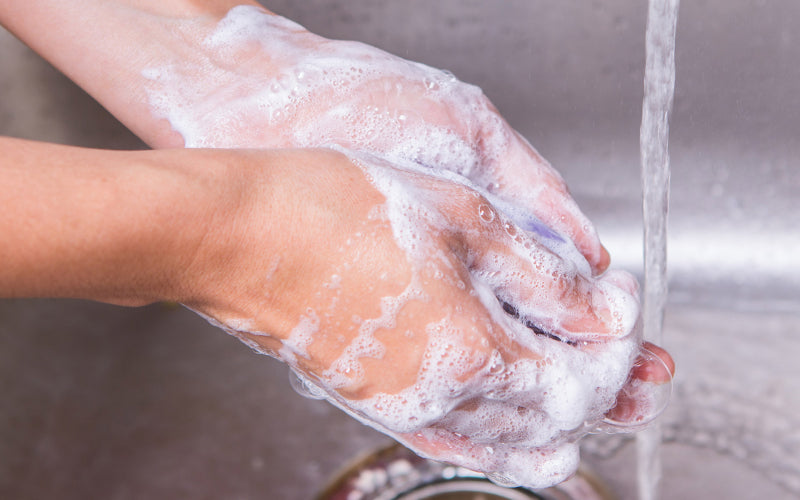5 Tips to Avoid Hospital Germs
Many people do not like going to the hospital, but sooner or later most of us find ourselves there—either as a patient, or a visitor. Of course, inevitably, you will be exposed to germs while at the hospital, so learn to protect yourself and your loved ones by following these five tips from The American Association of Nurse Anesthetists: • Remind health-care providers to wash or sanitize their hands before performing a physical exam. • Don't touch your face, eyes, nose, mouth or any open cuts or wounds while in the hospital. • Wash or sanitize your hands before and after eating, using the restroom, blowing your nose or touching any surfaces. • Wash your hands with soap or use an alcohol-based hand sanitizer before holding the hand of a patient. • Sanitize your cell phone before and after using it in the hospital. No one is surprised to see hand washing on this list, as most of us learned at an early age that it is the best defense against the spread of germs. We were taught to use soap and warm water to kill germs that could lead to infection. But a recent study conducted by scientists at Rutgers University in New Jersey suggests water temperature may not matter after all. The researchers used harmless bacteria to contaminate volunteers’ hands, and then had subsets of the group wash their hands in cold, warm and hot water, respectively. They found that cold water was as effective as hot in eliminating the bacteria. The amount of soap used did not impact the findings, but they did conclude that washing for at least ten seconds is important, no matter the temperature of the water. SOURCES: American Association of Nurse Anesthetists, news release; Rutgers University, news release, May 30, 2017










